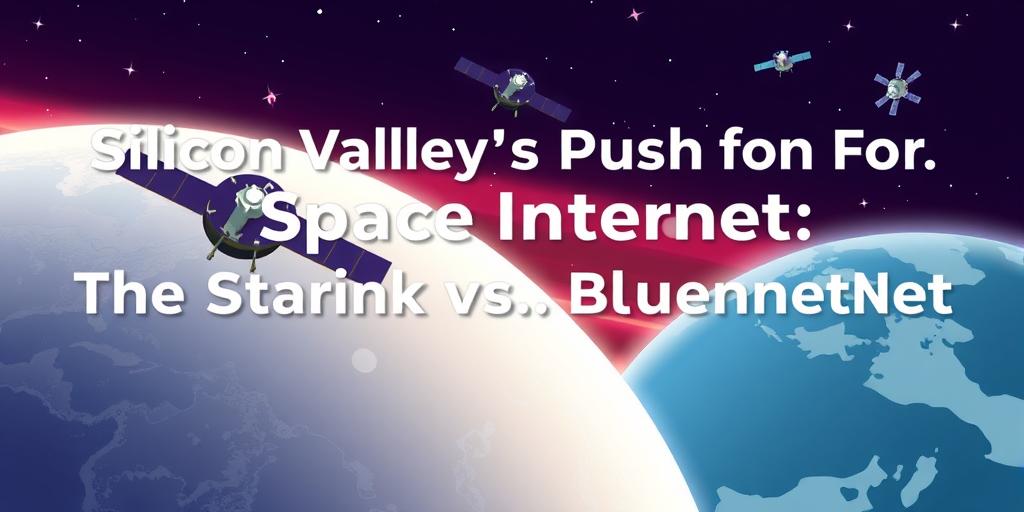Hey everyone! Let's dive into the crazy world of space internet, shall we? I mean, who hasn't dreamed of seamless, lag-free internet, even while hiking in the middle of nowhere? That's the promise of companies like SpaceX's Starlink and Amazon's Project Kuiper (aka BlueNet, for simplicity's sake). It's a battle of the titans, folks, and it's shaping up to be epic.
First off, let's talk Starlink. Elon Musk's brainchild. You know, the guy who also wants to colonize Mars? Ambitious, right? Starlink's already launched thousands of satellites, providing internet access to many areas that were previously unreachable. I've heard some pretty amazing success stories from people who now have internet thanks to Starlink, especially in rural areas. It's seriously changed their lives. But, let's be real, it's not perfect. There are still issues with latency and outages, especially during peak times. Plus, the cost can be pretty steep for some people.
Then there's BlueNet, Amazon's entry into the space internet game. They're planning a massive constellation of satellites, aiming to provide global coverage. Amazon, being Amazon, is approaching this with their usual scale and efficiency. They're investing billions, leveraging their existing infrastructure, and aiming for a more affordable solution. The jury's still out on how it will compare to Starlink, but the competition is definitely going to drive innovation. Which is awesome, right?
So, Starlink vs. BlueNet? It's not just about who launches more satellites. It's about speed, latency, coverage, cost, and the overall user experience. It's a game of technological one-upmanship, with both companies constantly pushing the boundaries. It's kind of like watching a space race, but instead of rockets to the moon, it's a race to blanket the planet with high-speed internet. How cool is that?
I know, this is wild—but stay with me. This isn't just about convenience; it's about bridging the digital divide. Imagine the possibilities: improved education, telehealth access, economic opportunities in remote areas…the potential is HUGE.
But there are also concerns. Space debris, satellite collisions, and the impact on astronomy are all legitimate issues that need addressing. It's a complex situation, and we need to be mindful of the long-term consequences.
Anyway, that's my take on the Starlink vs. BlueNet showdown. Have you tried either service? Would love to hear your take!









